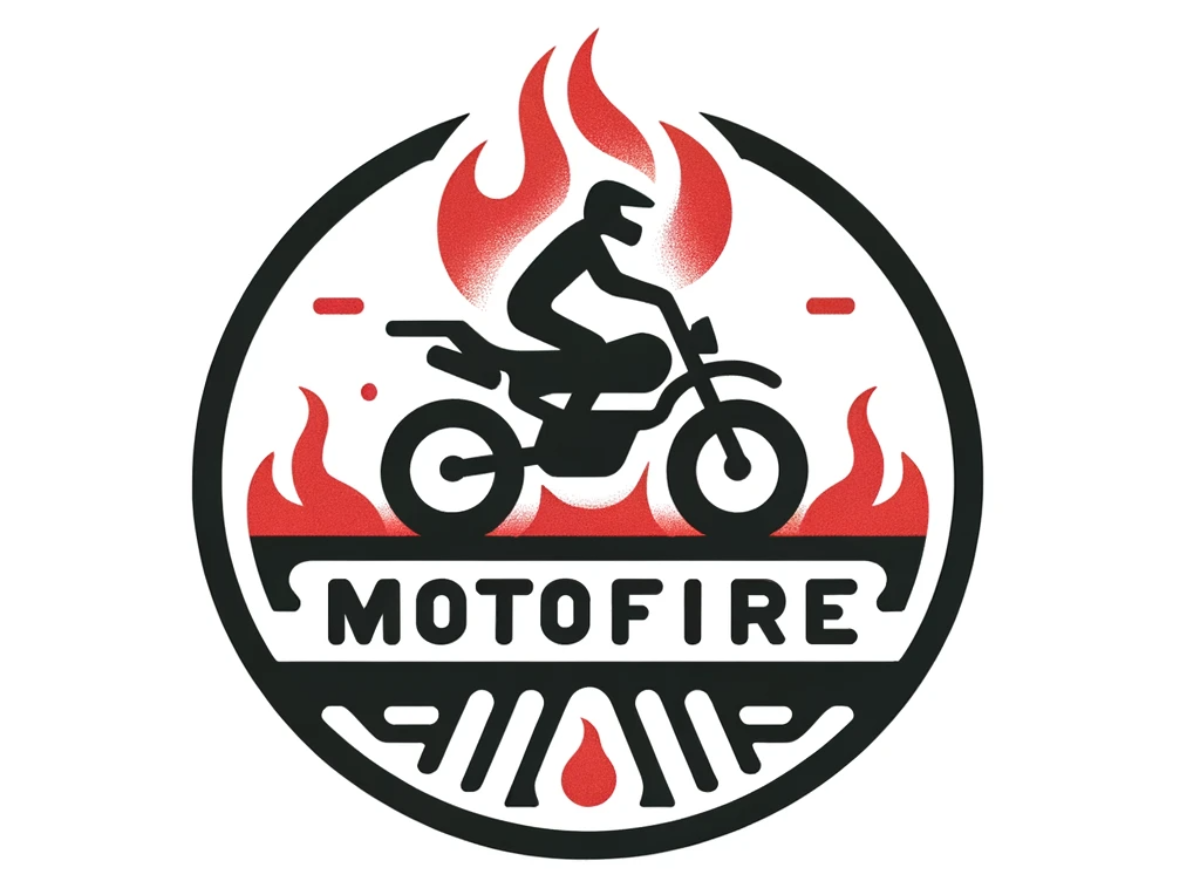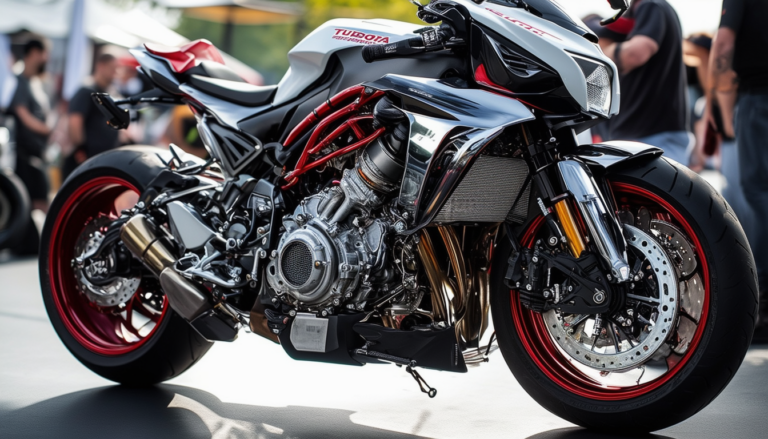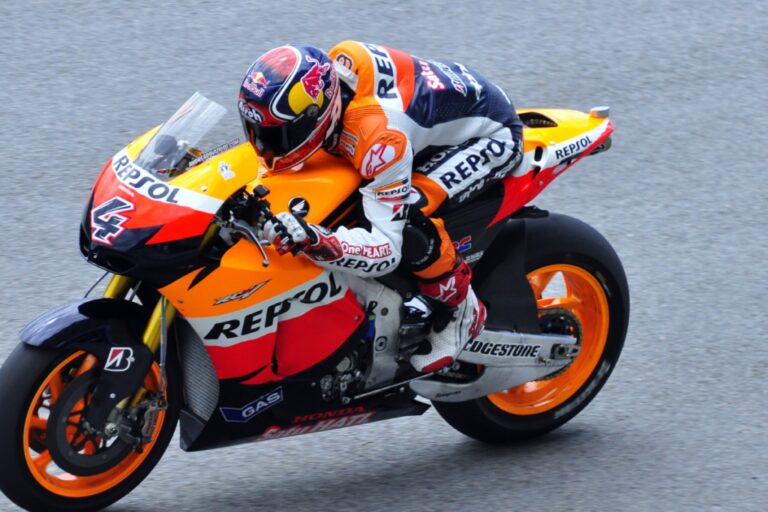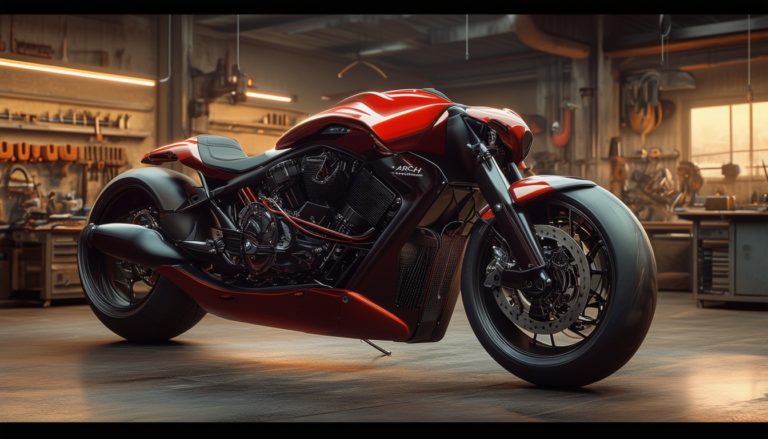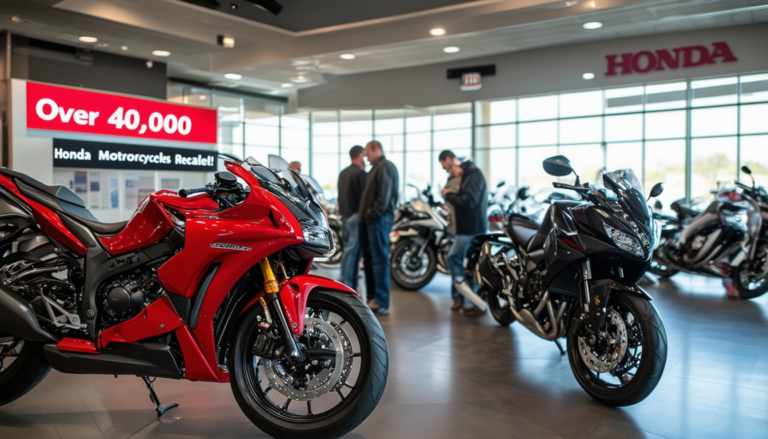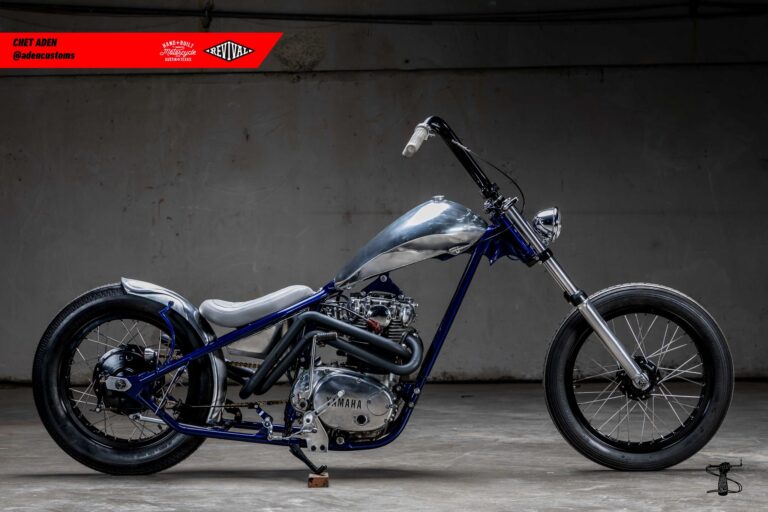Can Widespread Electric Vehicle Adoption Rescue Motorcycles in Vietnam’s Urban Centers?
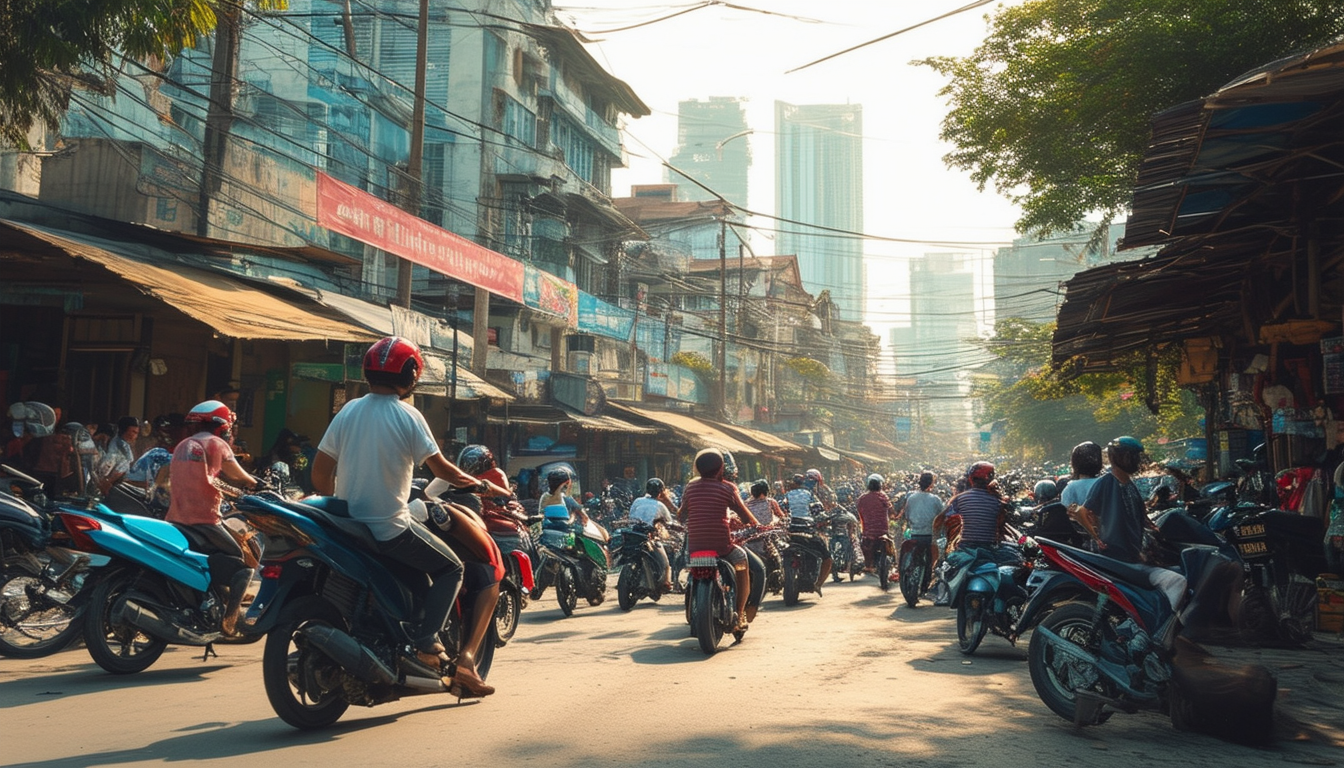
In recent years, the issue of air pollution has become increasingly pressing in urban centers like Hanoi, where the city is grappling with the high volume of motorbikes, a popular mode of transportation. As the Vietnamese government moves forward with plans to implement a motorcycle ban by 2030, the urgency for adopting electric motorbikes is palpable. However, rising concerns regarding charging infrastructure, high costs, and public perception are hurdles that need addressing. Could mass adoption of electric vehicles effectively save motorcycling in Vietnam’s bustling cities, making them a viable alternative and minimizing pollution? This question sits at the intersection of environmental challenges and urban commuting needs.
In Vietnam, the explosive growth of two-wheeled transportation underscores the importance of motorcycles in urban mobility. Yet, as cities like Hanoi tackle alarming levels of air pollution, the future of motorcycles seems precarious. Prospects of banning internal combustion engine motorcycles fuel discussions about electric vehicles (EVs) as a potential solution. This article delves into whether the rise of electric motorcycles could not only enhance urban air quality but also preserve the beloved motorbike culture in Vietnam.
The Current Landscape of Motorcycles in Vietnam
Motorcycles dominate the streets of Vietnamese cities, with millions of units registered across the country. The popularity of these two-wheelers is evident during daily commutes, as motorbikes zip through traffic, often overtaking cars. As of recent estimates, Vietnam housed approximately 77 million motorcycles, showcasing the critical role they play in everyday transportation.
However, this surge in motorcycle usage mirrors a pressing environmental concern. Urban centers, particularly Hanoi, frequently feature in lists of cities with the worst air quality globally. The government is aware of the detrimental impact of exhaust emissions on the health of residents, prompting considerations for interventions like motorcycle bans in congested areas.
The Shift Towards Electric Vehicles
As cities confront pollution challenges, there is increasing momentum towards the adoption of electric vehicles (EVs). Electric motorcycles, in particular, promise to reduce emissions while providing an alternative to traditional bikes. Major automotive manufacturers, alongside local startups, are making strides in developing EV options suitable for the Vietnamese market.
Despite the enthusiasm for electric motorbikes, several hurdles remain in transforming the market. From infrastructure for charging to combating public skepticism regarding the safety and reliability of EVs, the journey toward acceptance is not without obstacles. There are fears surrounding long charging times and concerns about capital investment in a new vehicle.
Government Initiatives and Motorcycle Restrictions
In June 2023, official implementations began to restrict motorcycles in central districts of Hanoi. This initiative seeks to tackle the air quality crisis by potentially banning motorcycles in select areas by 2030. As the clock ticks down, many view the transition to electric motorbikes as a viable option to mitigate pollution while keeping the two-wheeled culture alive.
These regulations have generated unease among daily commuters who rely on motorcycles as their primary mode of transport. Should they move towards EVs, the availability of incentives and supportive infrastructure could be pivotal in easing this transition.
Challenges Facing Electric Motorcycle Adoption
Electric motorcycles are garnering attention, yet they face considerable challenges. One major concern involves the establishment of a viable and dense network of charging stations, particularly in urban areas. Many potential buyers still harbor doubts regarding the practicality of using EVs daily amid their lack of accessibility and concerns surrounding charging times.
Furthermore, the higher initial cost of purchasing an electric motorbike is another barrier deterring consumers. While innovative leasing and battery subscription models have been introduced by various manufacturers, these options require adequate public education to gain trust from consumers.
Opportunities Through Innovative Solutions
Innovation can play a crucial role in addressing the concerns surrounding electric motorcycles. Some Vietnamese companies are actively exploring battery swapping models, allowing riders to exchange depleted batteries for charged ones quickly. Such models are designed to reduce downtime significantly, especially for those utilizing motorcycles for business purposes, like delivery services.
This practical approach could enhance the viability of electric motorcycles among the urban populace, helping to alleviate fears about battery life and the practicality of EVs in daily commuting.
The Future of Motorcycles in Vietnam
As we witness the growing push for electric vehicles, the question arises: can mass adoption of electric motorcycles reshape the urban landscape in Vietnam and save the culture surrounding traditional motorcycles? With the right framework, along with government support and a shift in public perception, it’s possible to envision a future where electric motorcycles coexist harmoniously with their traditional counterparts.
Ultimately, this shift could lead not only to enhanced air quality in cities but also to a vibrant new era of motorcycle riding, where innovation and cultural heritage strike a balance in Vietnam’s bustling streets.
As urban centers in Vietnam grapple with severe air pollution and congested traffic, the question arises: can the mass adoption of electric vehicles (EVs) salvage the motorcycle culture critical to the nation? With cities like Hanoi planning to implement a motorcycle ban by 2030, embracing electric alternatives may be a feasible solution to maintain mobility while enhancing environmental conditions. By evaluating current trends and potential challenges, we can explore how EVs might pave the way for the future of motorcycling in Vietnam.
Understanding the Current Landscape
In Vietnam, the love for two-wheeled vehicles is evident, with over 65 million motorcycles registered as of 2020. However, cities like Hanoi face the dilemma of improving air quality while accommodating the vast number of motorbikes. Thus, the local government is incentivizing a shift towards electric motorcycles. This change is crucial, as it seeks to mitigate pollution while preserving the accessibility motorcycles provide to the population.
Government Initiatives and EV Development
The Vietnamese government has initiated programs to promote the adoption of EVs, recognizing the pivotal role they play in reducing exhaust emissions. In particular, efforts to roll out charging infrastructures are essential for encouraging riders to consider electric alternatives. Companies are developing user-friendly charging solutions, and as the market expands, the influence of local EV manufacturers becomes increasingly important for fostering consumer confidence in electric motorcycles.
Addressing Consumer Concerns
Transitioning to electric motorcycles doesn’t come without hurdles. Potential buyers often express concerns about the cost of new EVs and the reliability of charging infrastructures. Moreover, lengthy charging times and battery disposal issues may also discourage widespread adoption. To counteract these apprehensions, manufacturers are exploring subscription models, where the bike can be purchased at a lower price while the battery is leased. This innovative approach can eliminate worries about battery lifespan and replacement costs.
Innovative Solutions for Urban Riders
For many urban riders, charging at home is not a viable option. Thus, the introduction of swappable battery stations may represent an effective solution. Such infrastructure would allow riders to quickly exchange depleted batteries for fully charged ones, thus minimizing downtime. This convenience is particularly appealing for those using motorcycles for delivery services in bustling cities.
The Role of Community Engagement
Encouraging overall EV adoption must also involve community engagement. Informational campaigns can build awareness of the benefits of electric motorcycles while helping to dispel myths regarding their use. Local bike clubs and enthusiast groups can play a vital role in this process by sharing positive experiences and insights, fostering a supportive network of electric motorcycle riders.
Potential Impact on Motorcycle Regulations
If enough riders transition to electric motorcycles, government policies regarding traditional motorcycles might shift. It’s essential to demonstrate that embracing EVs can contribute to a cleaner environment and improved quality of life within urban centers. If successful, the changes could lead to a reconsideration of the proposed motorcycle ban, creating a more harmonious coexistence between transport solutions and environmental needs.
